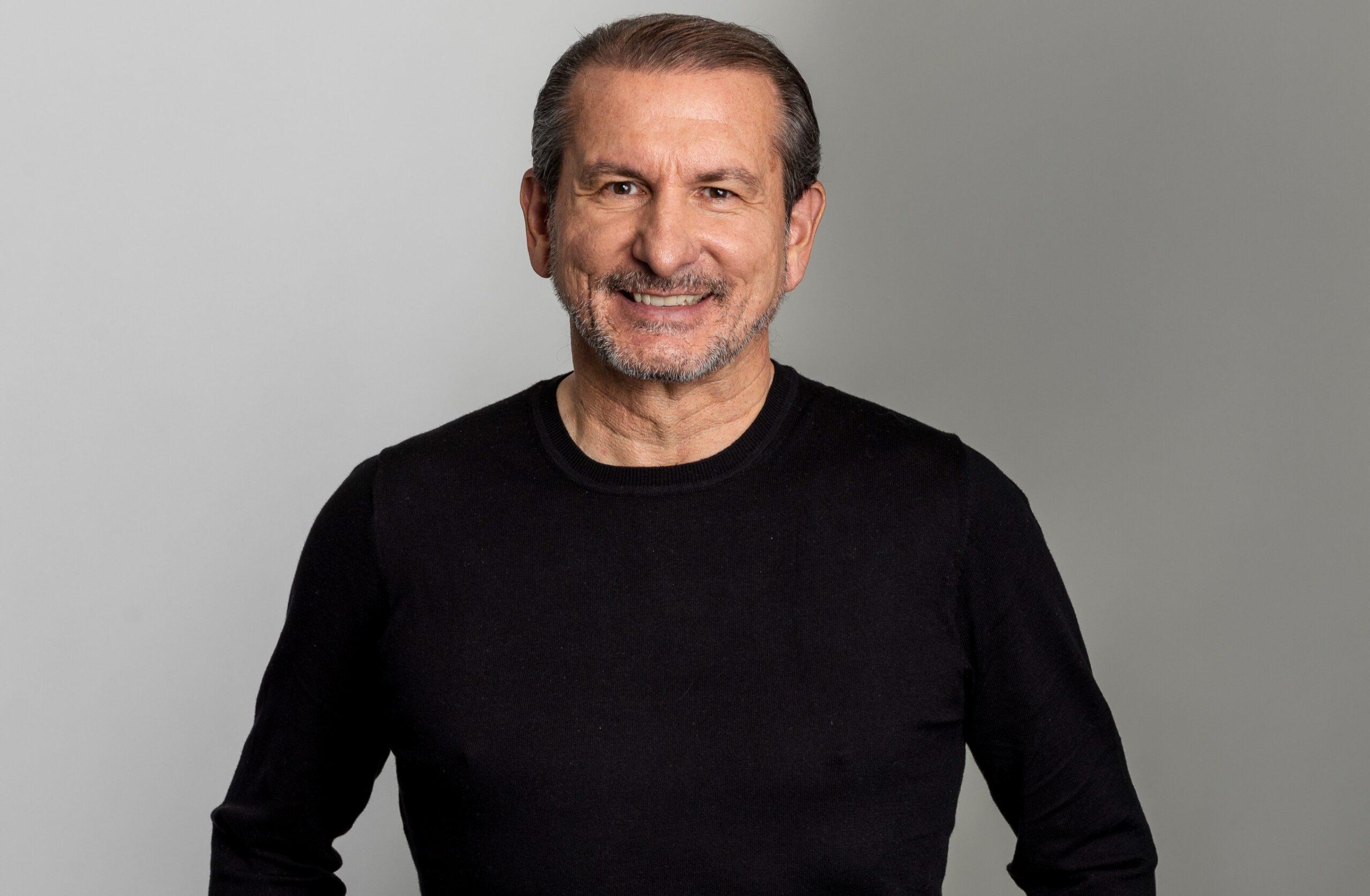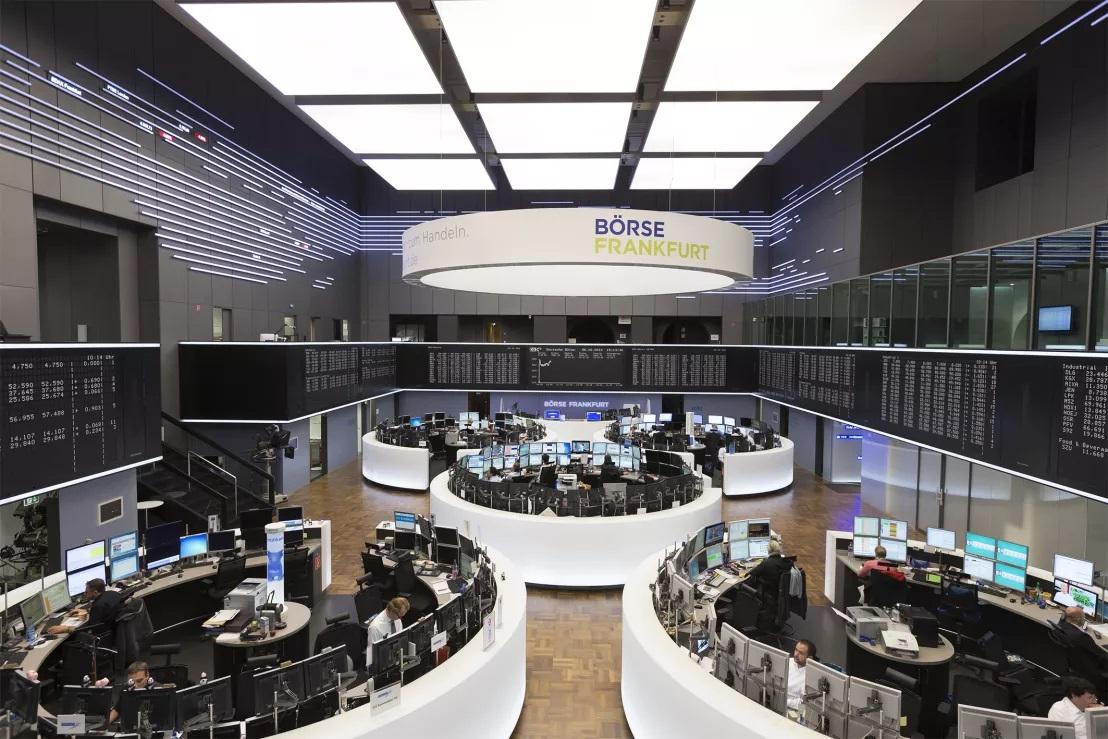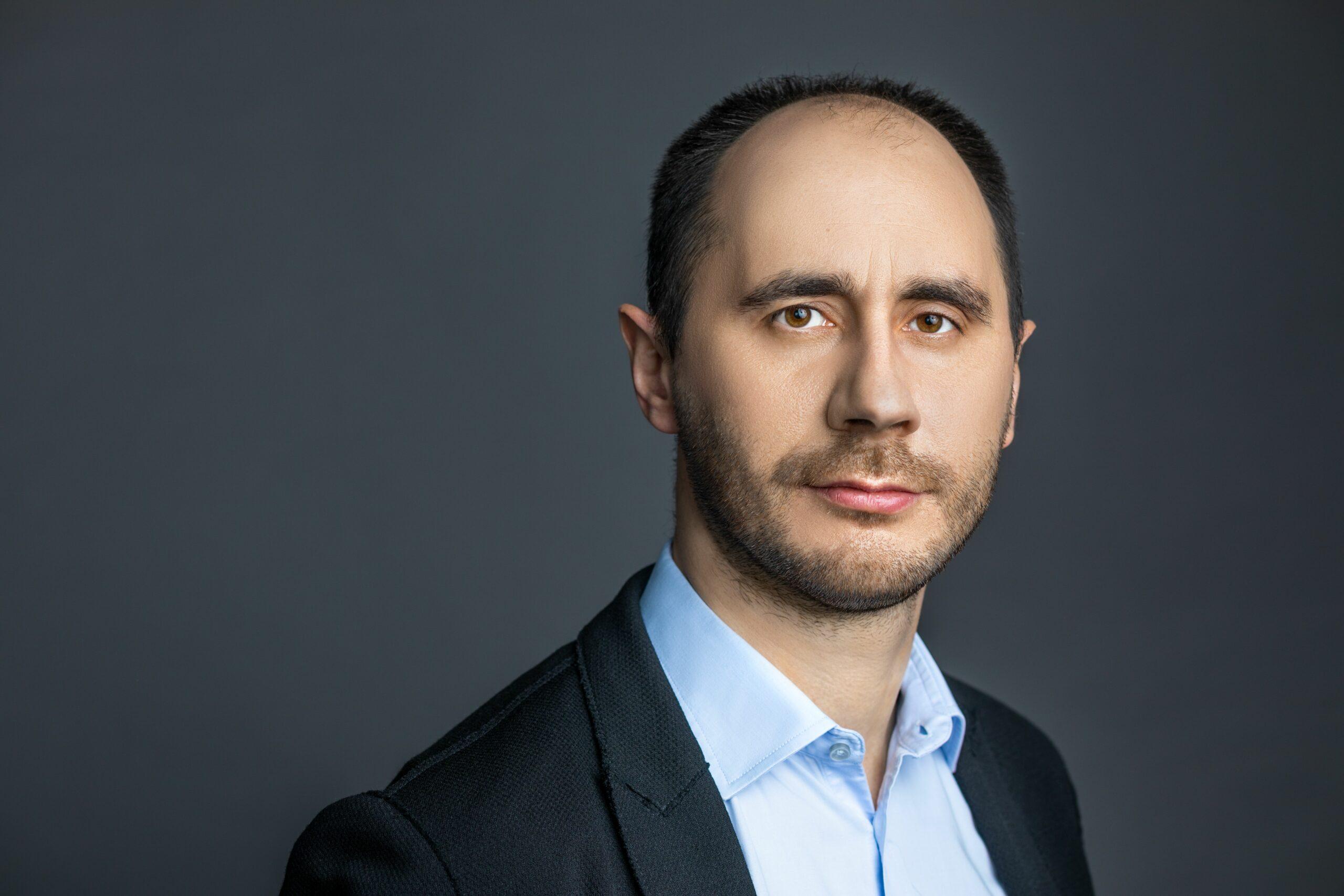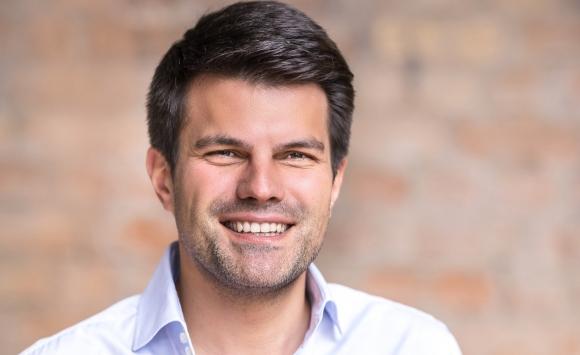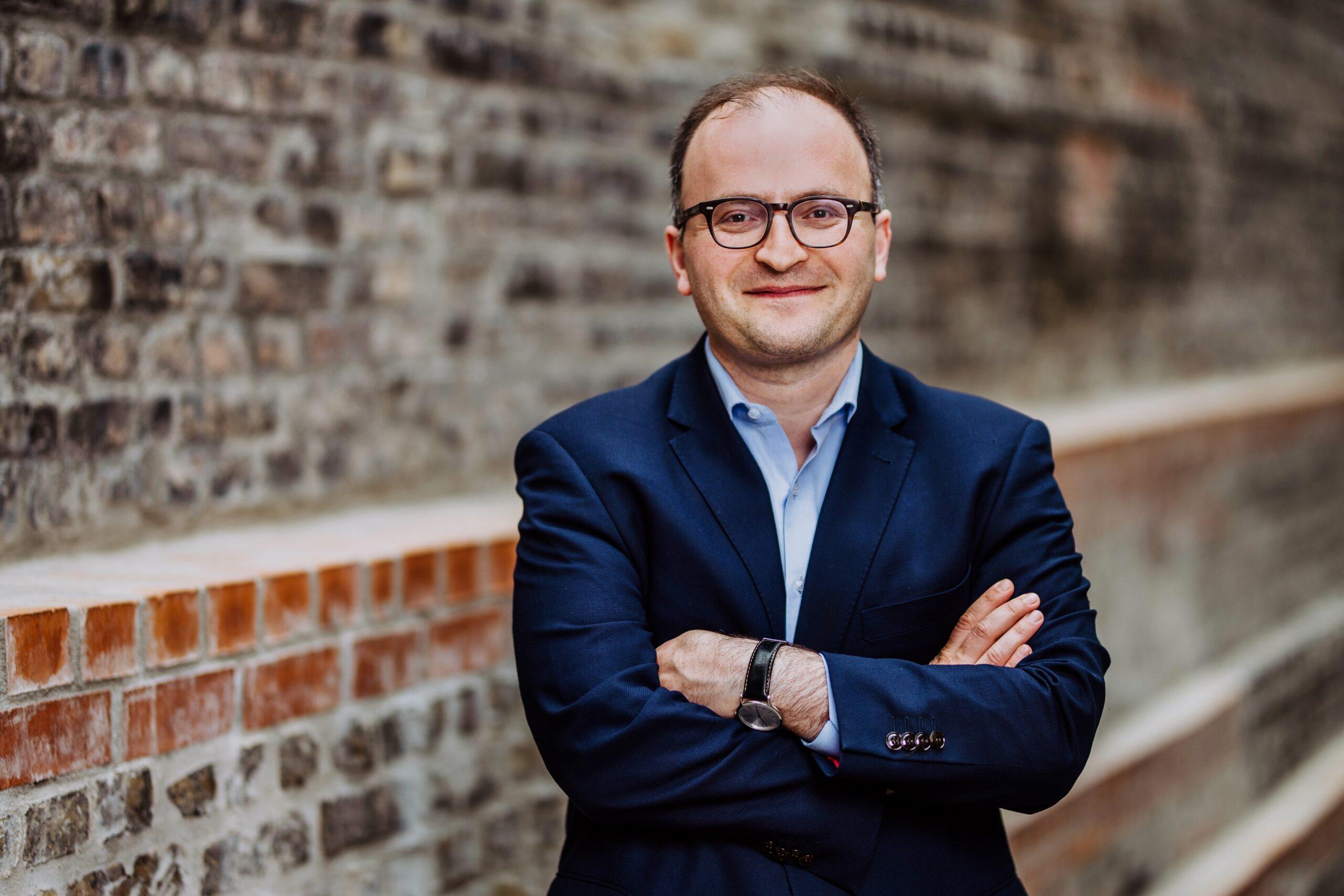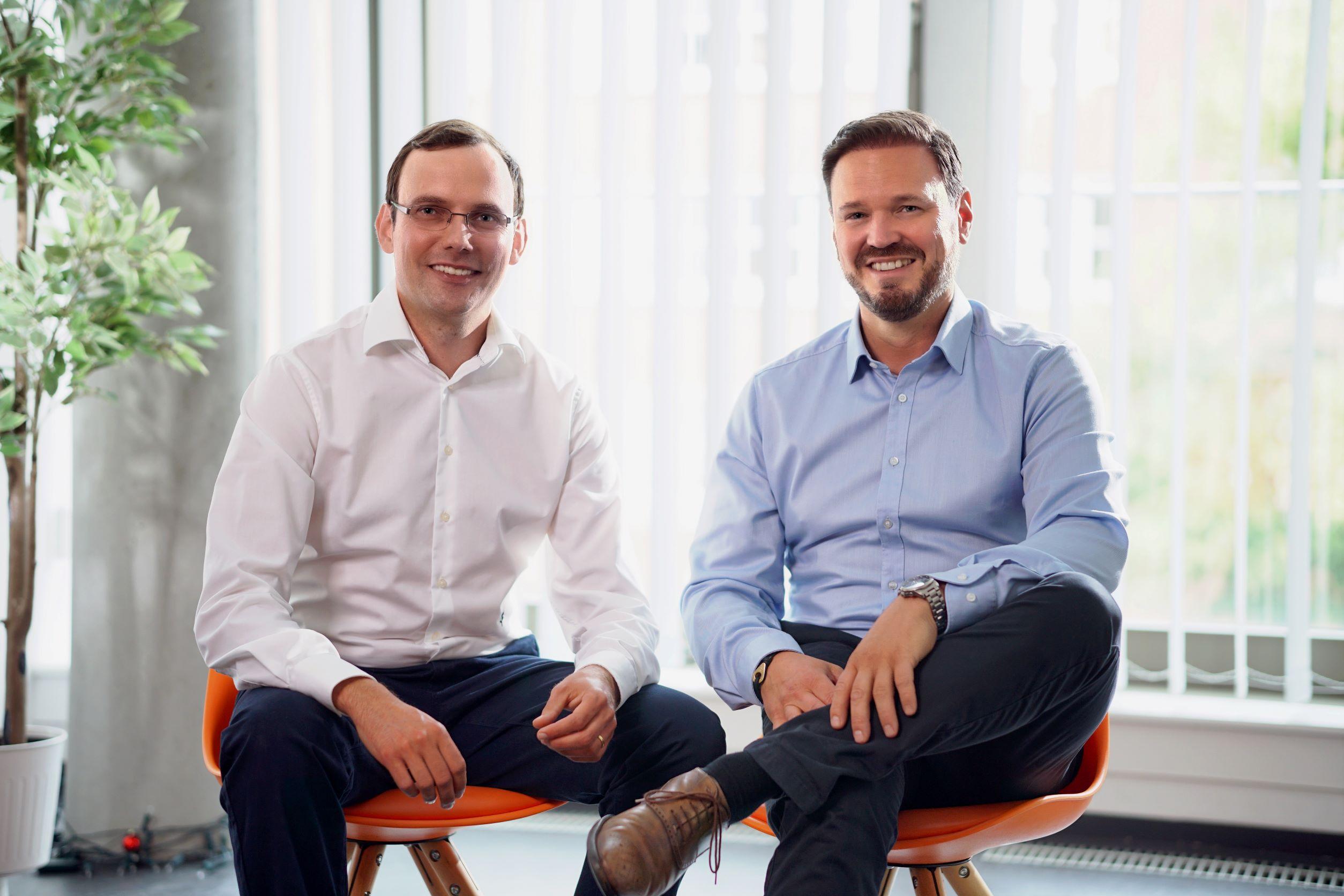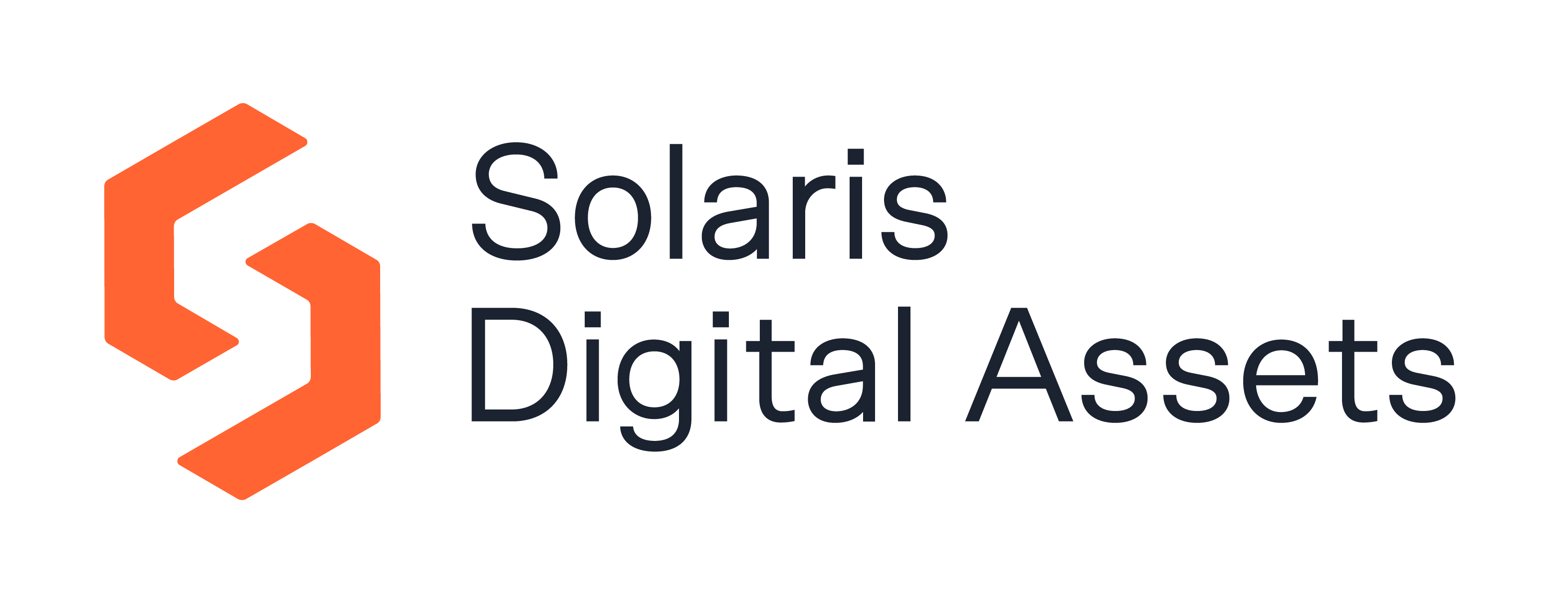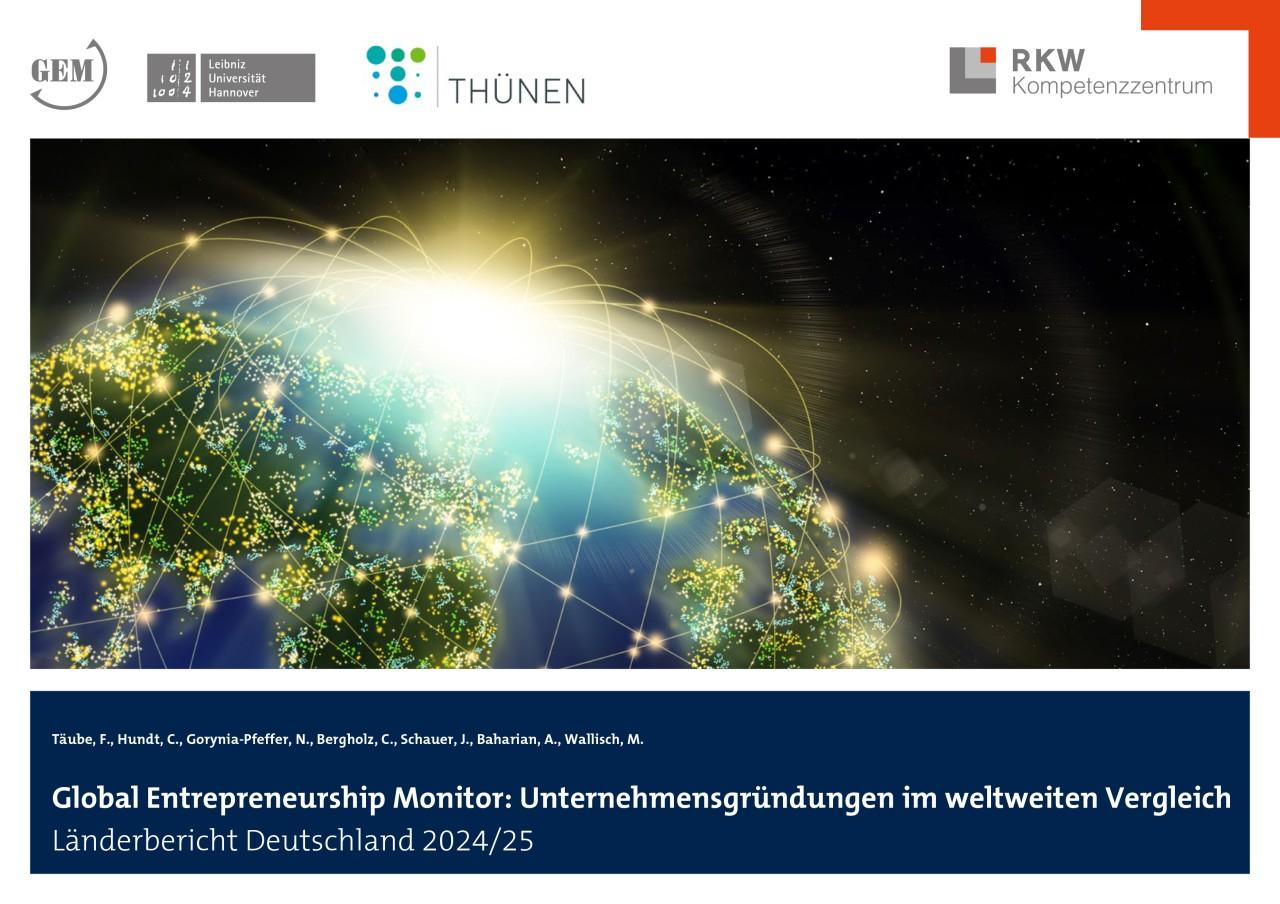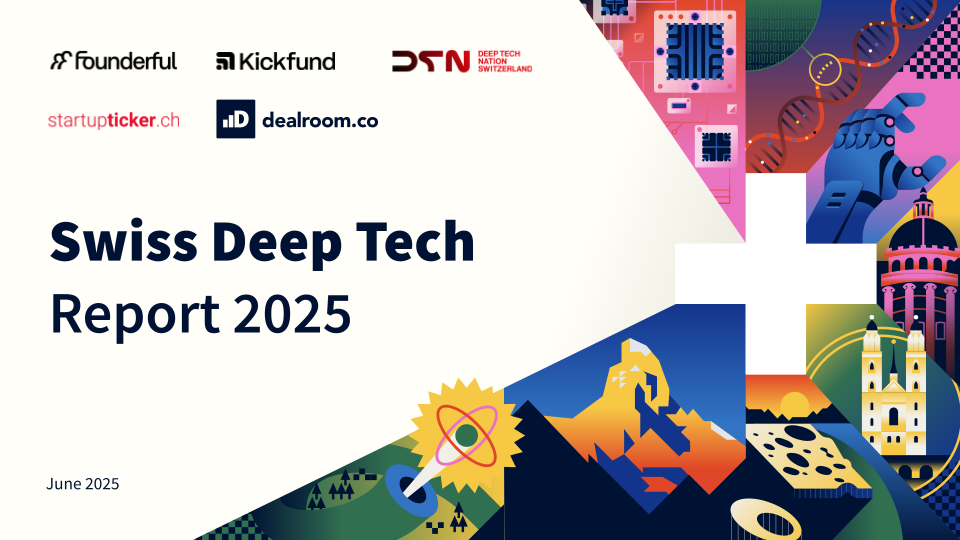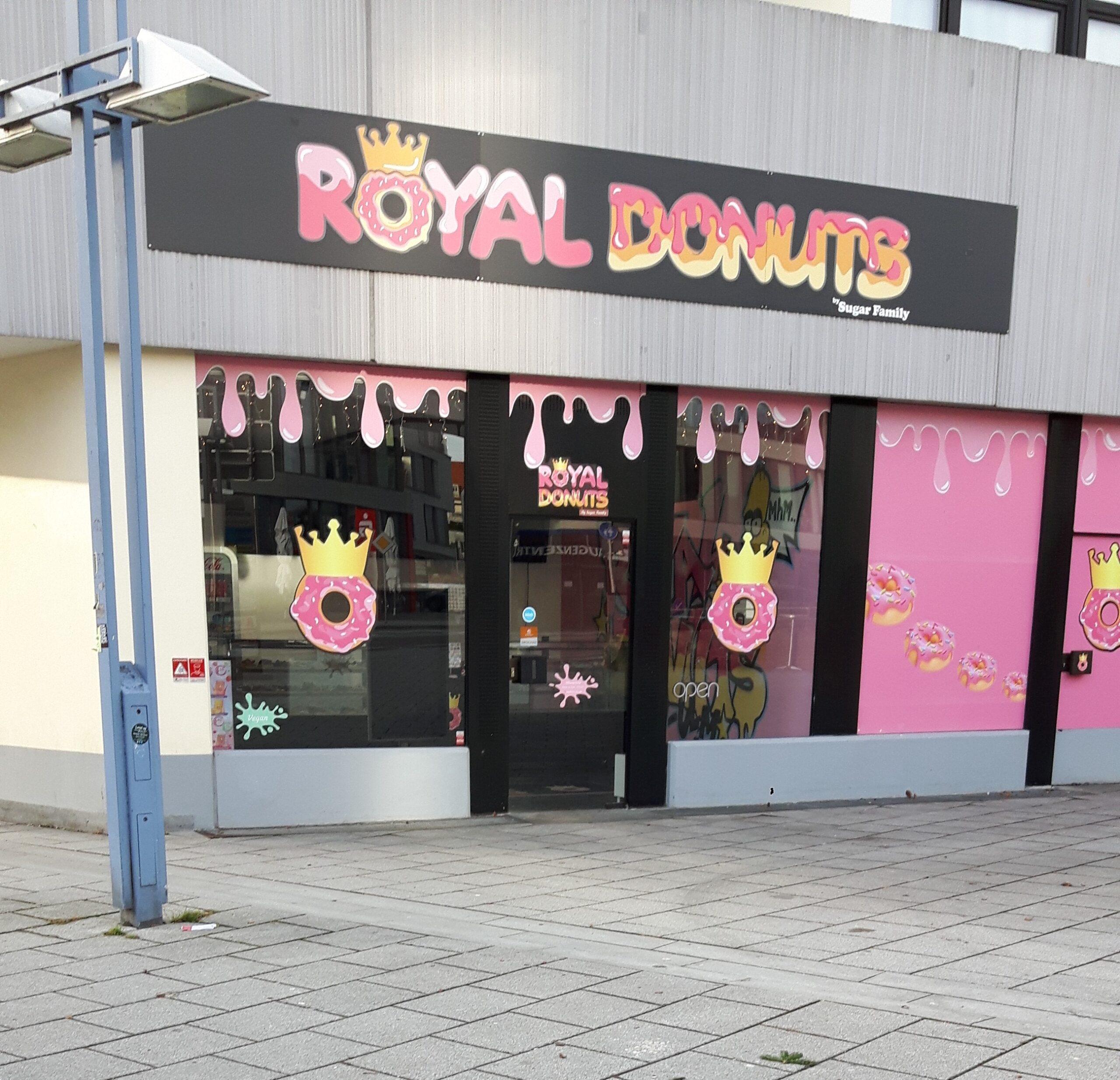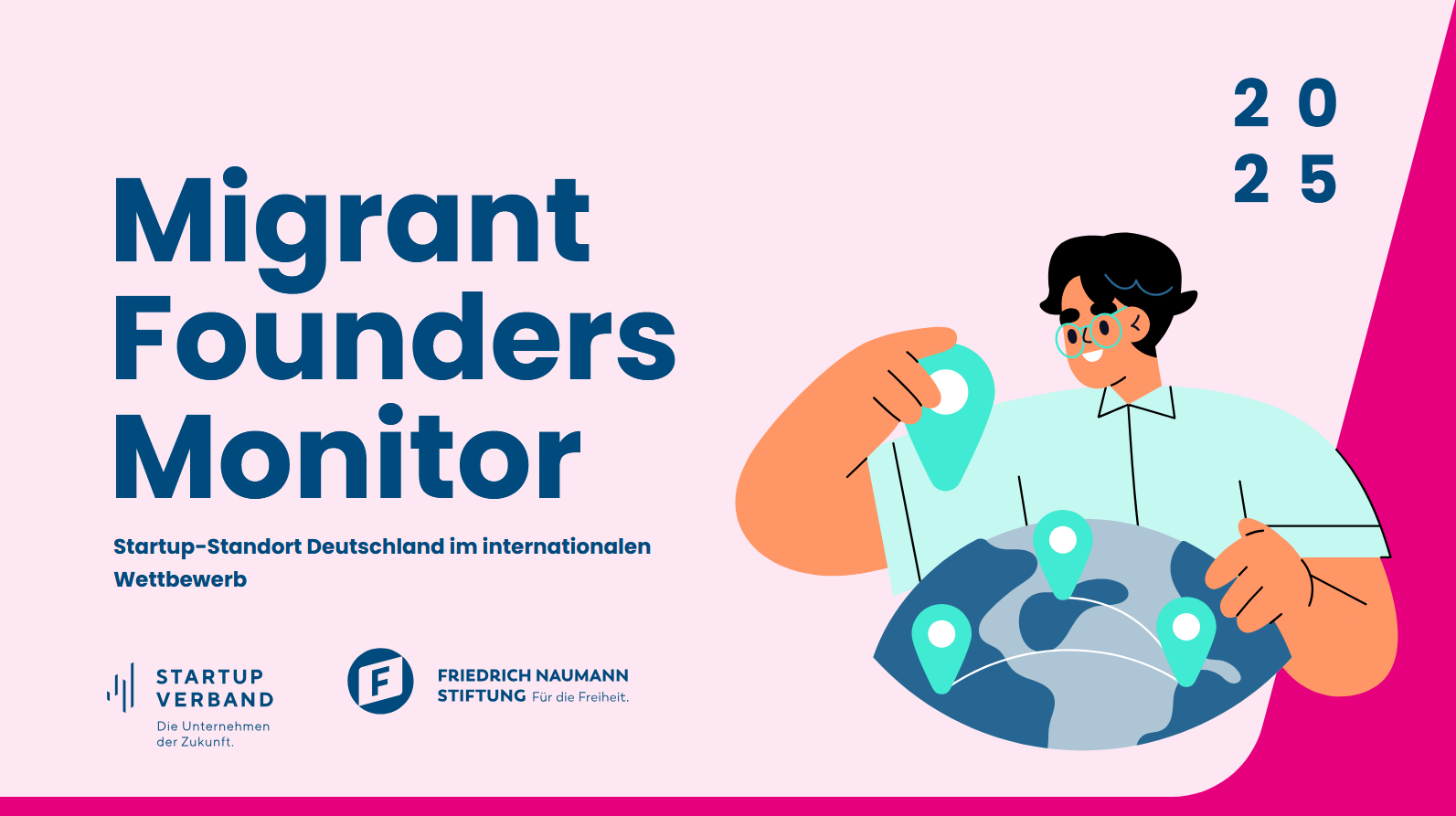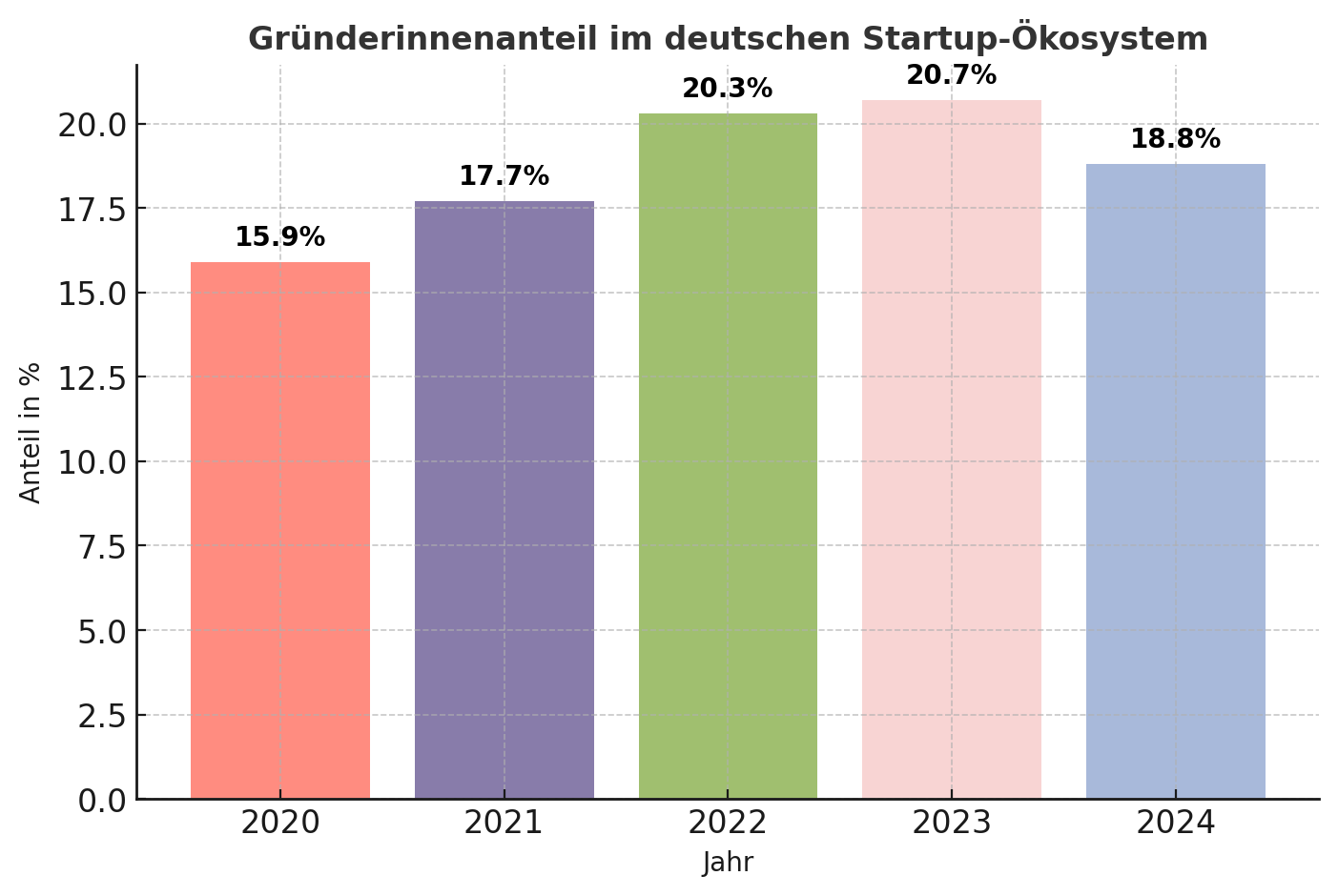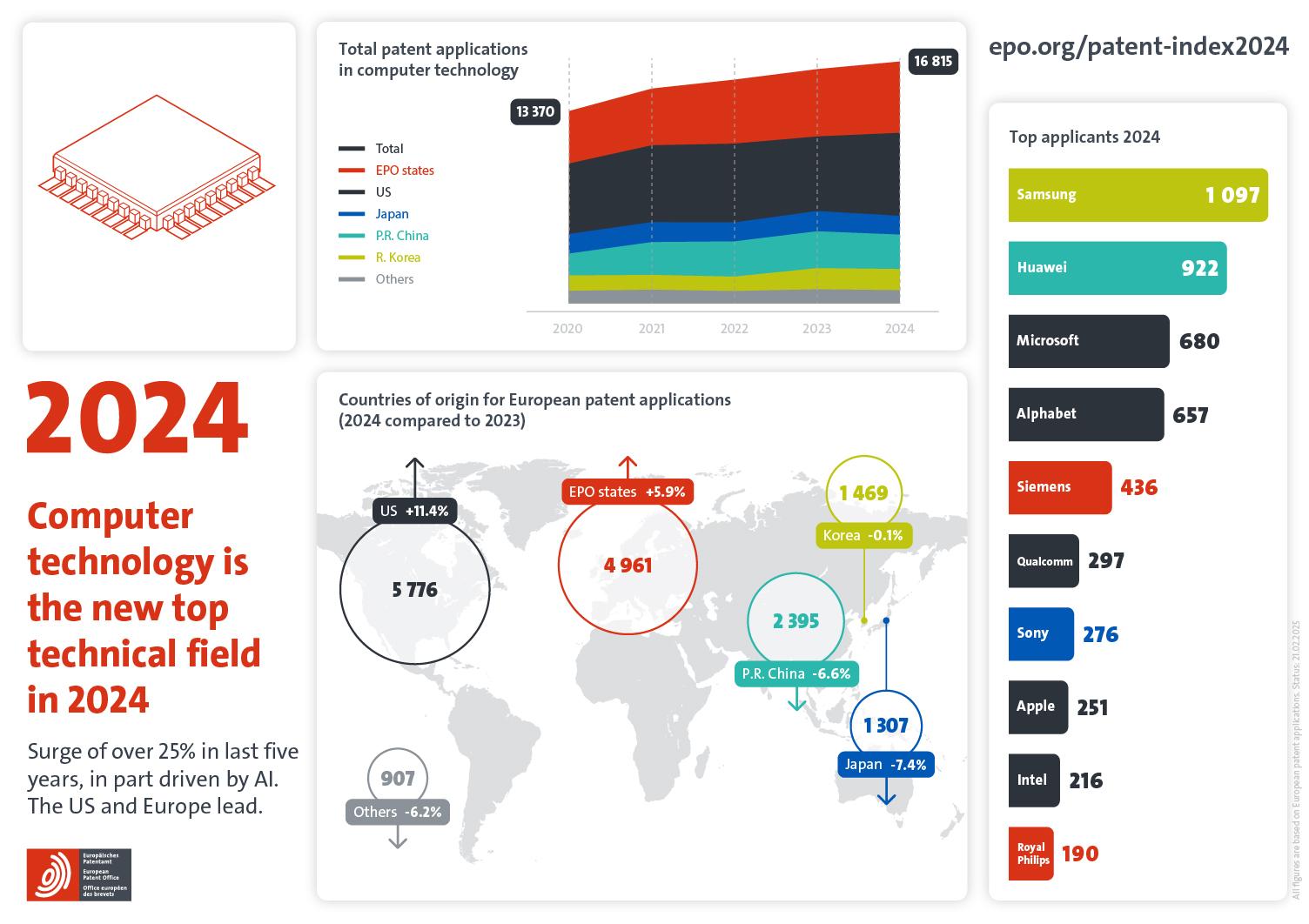The new reality of identity

Start-ups and scale-ups are currently dividing up the market for identification on the Internet among themselves. This means more diversity.
When the price of Gamestop shares shot up a few weeks ago, some investors were very frustrated. Not necessarily because they hadn't invested in the share, but because they hadn't managed to open an account. This requires identification, which now often takes place via video - and in some cases was completely overloaded.
The reason for this was usually simply the human resource. This is because the video ID process requires consumers to make a video call to an agent on the other side and hold their ID document up to the camera, for example. If the other party can confirm that the customer is who they say they are, the account is opened. If the number of people who want to identify themselves in this way increases rapidly, the platform operators are faced with a problem: where can I get agents so quickly - and what do I do when the rush subsides?
Because human resources are finite and cannot be deployed flexibly at will, the operators of major platforms such as WebID or IDnow and new attackers such as Solarisbank have been looking at new methods for some time. The outcry in the scene was correspondingly joyful when the Federal Office for Information Security (BSI), together with the Federal Network Agency, permitted the use of automated processes such as AI solutions for identification a few days ago, even if only in certain areas.
IDnow and Solarisbank, among others, already have solutions on the market
What sounds technical at first has relatively simple consequences: Humans are no longer needed in all cases. In future, users could chat with a computer instead of a video agent, for example. The computer would then use artificial intelligence to recognize and evaluate the ID documents. At the same time, a video could be recorded so that, in exceptional cases, humans can also check whether the user is who they say they are. These new procedures are initially only permitted in certain areas of application, such as insurance companies or the telecommunications sector. Consumers will not yet be allowed to open bank accounts in this way in Germany. However, this could also change in the coming months.
The Munich-based scale-up IDnow with more than 300 employees has already developed such a solution under the name Auto Ident and launched it in some countries such as the UK. The company promises that identification using artificial intelligence is just as secure as, for example, in a branch or with the conventional video ID process. It also wants to use the technology in Germany in the permitted sectors and hopes that the authorities here will also approve the process for opening bank accounts, for example.

New competitors such as Solarisbank in Berlin are taking a different, equally automated approach. It has been offering Bankident for some time now. Instead of a video chat, the customer must first enter their personal information, then log into their bank account and carry out a test transaction. They then receive an SMS TAN to create a qualified electronic signature.
At the same time, a Solarisbank partner with whom the customer wishes to open an account obtains personal information from a credit agency database. If the data matches, an account is opened. Delia König, who manages the product, says: "As we don't need people for authentication, there is virtually no capacity limit." The product, like similar ones from competitors, is also permitted for opening bank accounts and is already in use.
Smartphone manufacturer Samsung, for example, has been using Solarisbank's new product since September to authenticate customers for its own Samsung Pay payment solution, and other partners are waiting in the wings, says König. She doesn't want to say which ones for now. Just this much: "The really significant banks are also involved, which confirms our assumption that our product also has a good chance on the market."
The market is tending to become larger and broader
Top dog IDnow is not afraid of new competition. CEO Andreas Bodczek sees the possibility of offering new procedures as a growing market, especially because different procedures are approved for different security levels. For example, conventional video identification is already established, in addition to identification via the electronic ID card and new procedures such as Bankident, where identification is carried out via an existing bank account.
Added to this are the preferences of the users. "We want to offer customers the full range of procedures. They should be able to choose which method they like best or is most convenient to use. One person wants to use the new electronic ID card, another prefers video chat and yet another values the speed of the process and prefers to use Auto Ident," says Bodczek.
He believes that the proportion of automated procedures will continue to increase and that the mix of different procedures will change accordingly. In his opinion, Videoident will not disappear in the foreseeable future. There are enough users who do not use Bankident or prefer to speak to a human agent.
IDnow has already seen a sharp increase in demand for video identification in the past year, with more and more customers using their platform to identify themselves for bank accounts, for example, during the lockdown. "The market is growing strongly, which means the pie for everyone is getting bigger, not smaller," says Andreas Bodczek.

Newsletter
Startups, stories and stats from the German startup ecosystem straight to your inbox. Subscribe with 2 clicks. Noice.
LinkedIn ConnectFYI: English edition available
Hello my friend, have you been stranded on the German edition of Startbase? At least your browser tells us, that you do not speak German - so maybe you would like to switch to the English edition instead?
FYI: Deutsche Edition verfügbar
Hallo mein Freund, du befindest dich auf der Englischen Edition der Startbase und laut deinem Browser sprichst du eigentlich auch Deutsch. Magst du die Sprache wechseln?







